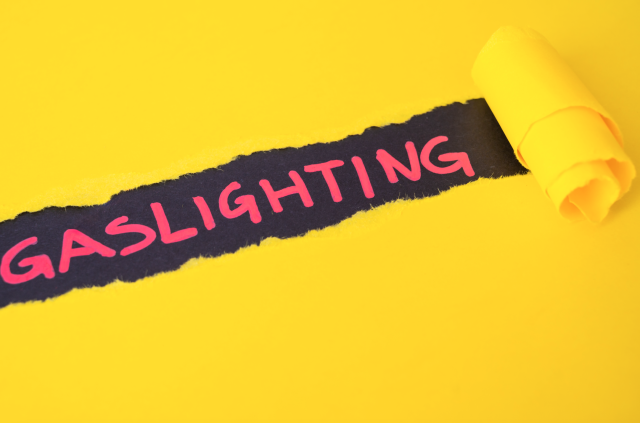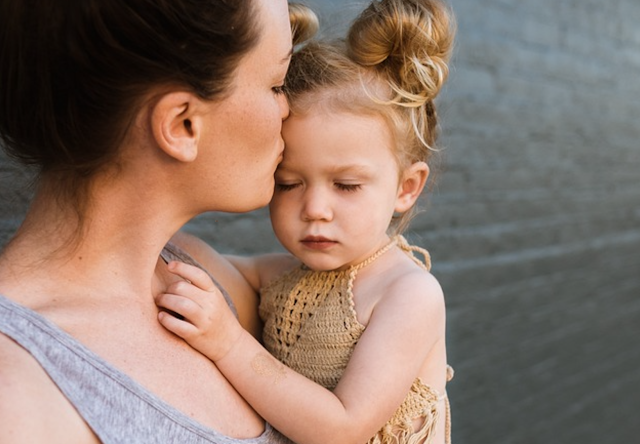The Key to Emotionally Healthy Children
In the whirlwind of parenting, it’s easy to forget a fundamental truth: children learn how to process and express emotions by watching their parents. As the adults in the room, parents serve not only as caregivers but also as emotional mirrors. The way we react—especially during moments of stress—shapes how our children learn to handle their own big feelings. And when parents are unable to stay calm and regulated, the emotional burden often shifts unfairly to the child, who is not developmentally equipped to handle it.
Children Need Adults, Not Emotional Peers
When a parent yells, withdraws, or becomes overwhelmed in front of a child, the child is thrust into a position where they may feel responsible for managing the adult’s emotions. Instead of being supported, they feel they must offer comfort or suppress their own feelings to protect their parent. This process is called emotional parentification—and it can have lasting negative effects on a child’s emotional development (Hooper et al., 2011).
“When parents are emotionally dysregulated, it reverses the roles. Children begin to feel like the caretakers, often leading to anxiety, perfectionism, or emotional suppression later in life.”
– Dr. Lisa Damour, Clinical Psychologist and author
Co-Regulation: The Foundation of Emotional Development
Emotion regulation is not something children learn in isolation. They develop this skill through a process called co-regulation—when a calm, attuned adult helps them move through overwhelming feelings. According to the Center on the Developing Child at Harvard, co-regulation from a trusted adult is crucial for building the brain architecture required for self-regulation (Harvard University, 2023).
In simple terms: a child cannot calm down until we calm ourselves down first.
What Happens When Parents Don’t Stay Regulated?
When a parent reacts with anger, fear, or emotional shutdown, children internalize that experience. Not only does this increase stress and insecurity, but it also sends the unspoken message: your feelings are too much for me to handle. In turn, the child may begin to hide their emotions, act out, or over-function to “keep the peace.”
A 2020 study in the Journal of Child Psychology and Psychiatry found that children whose parents demonstrated poor emotional regulation were more likely to develop behavioral issues and anxiety disorders (Morris et al., 2020).
Staying the Adult in the Room
Parenting from a place of calm doesn’t mean suppressing your feelings—it means learning how to feel without falling apart. This might include:
- Taking a pause before responding to your child’s behavior.
- Naming your own emotions out loud in a calm way: “I’m feeling frustrated, so I’m going to take a deep breath.”
- Modeling healthy expression of emotions—teaching your child that big feelings are okay, but not an excuse to hurt or shut down.
- Seeking support or therapy if emotional triggers are deeply rooted.
Reflecting Emotions in a Healthy Way
Children need to see that emotions are not dangerous. When you model expressing sadness without collapsing, or frustration without lashing out, your child learns that emotions are something to experience—not fix or fear.
This emotional safety becomes the soil where your child’s confidence, resilience, and empathy can grow.
Final Thoughts
Parenting is not about perfection—it’s about presence. When we stay grounded and regulated, we create a safe emotional environment where children don’t have to take care of us. Instead, they feel secure enough to explore, express, and understand their own inner worlds.
So the next time you’re overwhelmed, remember: your calm is your child’s anchor.
Sources
Hooper, L. M., Doehler, K., Wallace, S. A., & Hannah, N. J. (2011). The Parentification Inventory: Development, validation, and cross-validation. The American Journal of Family Therapy, 39(3), 226-241.
Harvard University, Center on the Developing Child. (2023). How Children and Adults Can Build Core Capabilities for Life
Morris, A. S., Criss, M. M., Silk, J. S., & Houltberg, B. J. (2020). The impact of parent emotion regulation on child behavior: A review of findings and directions for future research. Journal of Child Psychology and Psychiatry, 61(4), 389–408.



